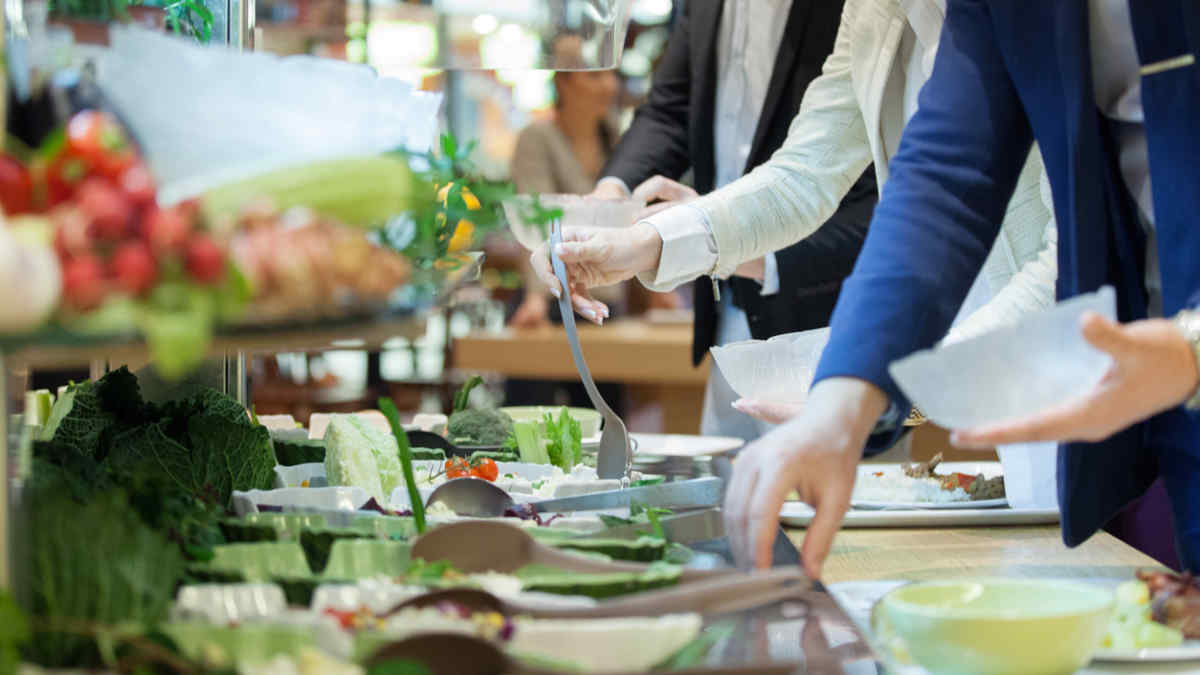The coronavirus pandemic has caused much concern around the world. The majority of the countries are taking several preventive measures to ensure the infection does not spread further. However, the World Health Organization has stated that people themselves have to follow certain guidelines also and play their part in controlling the virus.
Recently, there have been multiple questions put forth by people regarding having maximum protection against COVID-19. Since most of the countries have imposed bans and announced lockdowns at a national level, the chances of people contracting the virus from a crowd are now low.
Instead, there are now concerns over how a person may be indirectly exposed to the virus through inanimate objects instead of a direct person to person contact.
Consequently, a big number of people are now conscious about buying and bringing in household products, groceries, and food amidst the fear of contracting the virus via infected food items.
Sanja Ilic, who is an assistant professor of human nutrition in the Department of Human Sciences, College of Education and Human Ecology, and an Ohio State University Extension food safety state specialist, has now cleared all of the confusion about food and spread of the virus.
In her recent question-and-answer session, she started by reminding people that COVID-19 is not a foodborne disease and that it is not a gastrointestinal disease and cannot spread via intake of food.
There have been no cases of infection or spread of the virus via food to any of the authorities including the Centre for Disease Control and Prevention, the U.S. Department of Agriculture, and the U.S. Food ad Drug Administration.
She adds that like other viruses, COVID-19 typically requires a person to person contact to spread. Therefore, there are high chances of contracting the virus through droplets from coughing or sneezing or by any kind of physical contact including shaking hands.
In addition, although the virus can survive for several hours or even days on inanimate objects and surfaces, in accordance with the reports, it needs a host to multiply and survive in the longer run.
Hence, it is unlikely that a person will get infected via groceries or food items. With that being said Ilic reminds it is, however, recommended to wash hands properly after going out for buying groceries and returning.
Secondly, since COVID-19 is able to survive on surfaces such as kitchen counters and potentially present on objects such as food cans, it is important to disinfect and clean both of them especially upon adding any new items.
For cleaning kitchen counters, it is important to use soap and water on them prior to using a commercial surface cleaner or else it would not be sanitized properly. Harsh cleaners such as concentrated bleach are not recommended as it is extremely toxic.
RELATED: Coronavirus Pandemic May Increase Risk Of Childhood Obesity
When it comes to the food itself, Ilic ensures that the virus cannot spread through food but maintaining good hygienic practices while cooking, serving, and eating as well as following other fundamental steps to avoid foodborne illnesses in the kitchen are suggested.
Some other practices to keep the kitchen clean and the risk of spread of COVID-19 low include washing hands up to the wrists, washing hands again after handling raw foods, washing fresh foods such as lettuce immediately after buying and refrigerating leftover food within two hours.
During cooking or re-heating food to the temperatures according to the standard set by USDA for killing bacteria that may cause infections in the food.
The time one may be at the highest risk of contracting the virus while doing any food-related activity is during grocery shipping. So, Ilic suggests using sanitizers before and after shopping as well as maintaining distance.
Following all these guidelines from ensuring safety in grocery trips to sanitizing the kitchen will keep the risk of COVID-19 low.


